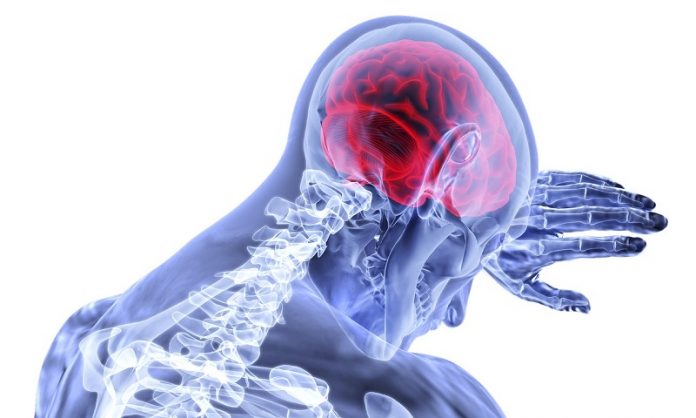
In a new study from Houston Methodist Hospital, researchers found that the deadly type of stroke that causes bleeding in the brain has been increasing in the United States.
This type of stroke (ICH) is growing at an even faster rate among younger to middle-aged adults than older people.
ICH strokes occur when blood vessels in the brain rupture and bleed.
They are the second most common type, accounting for 10–15 percent of the estimated 795,000 strokes each year in the U.S.
Globally in 2020, 18.9 million people had an intracerebral hemorrhage, according to the AHA’s most recent heart and stroke statistics report.
They are more deadly and more likely to cause long-term disability than other types of stroke.
The earlier start of the disease is very alarming and troubling. More aggressive prevention is required to deal with the current trend.
Previous studies have reached conflicting conclusions about whether the rate of ICH has been rising or falling in the U.S.
In the current study, the team examined the aggregated nationwide data from 803,230 ICH hospitalizations.
They calculated the rate of ICH over five consecutive three-year periods from 2004 to 2018.
People were divided into four age groups: 18–44 years; 45–64 years; 65–74 years; and 75 years and older.
Researchers found an 11 percent increase in the rate of ICH among U.S. adults over the 15-year study period.
ICH increased at a faster rate for adults under age 65 compared to those 75 and older.
The rate of increase also varied by region, climbing faster in the South, West and Midwest than it did in the Northeast.
ICH stroke rates were 43 percent higher for men than women.
Among those who had ICH strokes, the percentage of people who had high blood pressure also rose, from 74.5 percent to 86.4 percent over the study period.
High blood pressure is a major risk factor for an ICH stroke, as is increasing age.
The findings are alarming, because they suggest blood pressure is so poorly controlled among younger adults that they risk losing the most productive years of their lives.
If the current trend is not reversed, it will be devastating, because decades of disability that could be a burden for the individual, their family and society as a whole.
If you care about stroke, please read studies that this blood thinner drug plus aspirin could strongly reduce stroke risk, and findings of a new way to prevent recurrent stroke.
For more information about stroke and your health, please see recent cases that retired entertainer thought she slept awkwardly. It was a stroke, and after three strokes, he ‘overheard’ the grim prognosis and fought back.
The study was conducted by Abdulaziz T. Bakoet al., and published in Stroke.
Copyright © 2022 Knowridge Science Report. All rights reserved.



